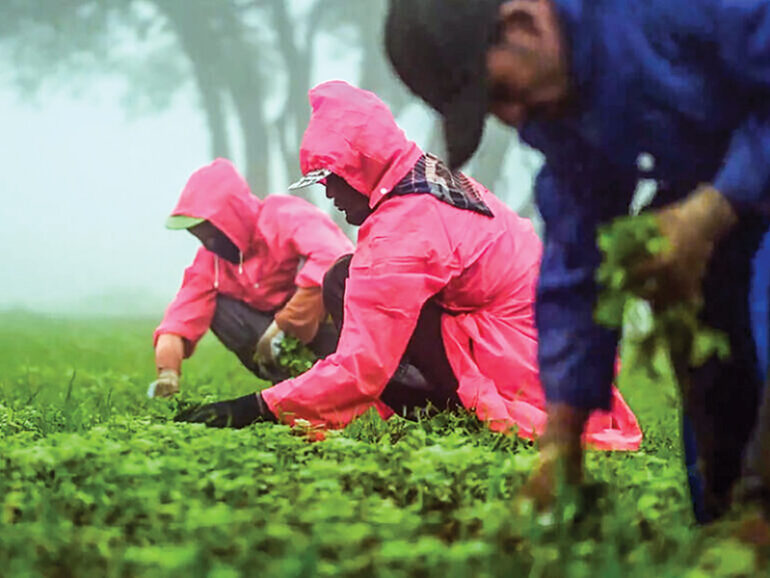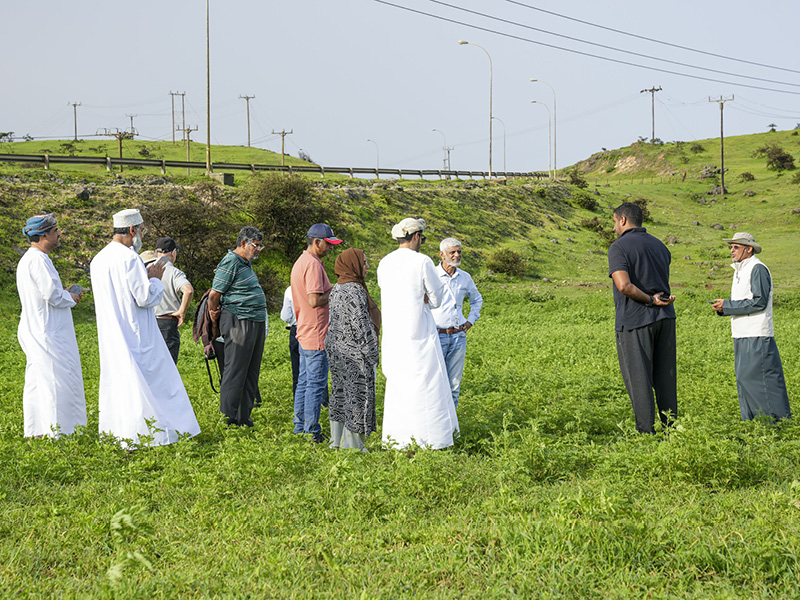 By MOHAMMED TAHA
By MOHAMMED TAHA
Muscat – Oman is preparing a national roadmap to curb the spread of the invasive parthenium weed – a fast-growing plant that threatens crops, biodiversity and public health – while also working to restore the country’s natural vegetation cover.
Parthenium, regarded as one of the world’s most aggressive weeds, has infested parts of Dhofar’s plains and farmlands. The plant releases toxic chemicals that suppress the growth of crops and pasture, while its allergenic properties trigger respiratory problems in humans and affect livestock health.
The move follows a three-day scientific workshop held in Salalah last week, organised by Dhofar Municipality with participation from local and international experts. The forum called for a sustainable national plan (2026–30) built on scientific monitoring, integrated management, biological control and community awareness.

A key recommendation was to use the upcoming 2026 national survey as a baseline to track the weed’s spread across the sultanate. Experts also stressed the need for a digital database, the continued use of conventional control methods, the registration of selective pesticides, and the preparation of a roadmap for biological control.
The plans include a nationwide awareness campaign, a mobile app for reporting infestations, and the training of volunteers and environmental observers to boost early warning systems. Global best practices in biological and non-biological management were also presented, including the use of living organisms, physical removal, cultural techniques and chemical measures.
Dhofar Municipality has stepped up efforts to restore natural vegetation. During the 2025 khareef season, more than 10mn seed balls and 3bn pastoral grass seeds were dispersed across the Dhofar mountains. Previous campaigns saw 400,000 seed balls released in 2023 and over 4mn seed balls with 10 tonnes of grass seeds spread in 2024.
Monitoring of these initiatives rests with the Steering Committee for Parthenium Weed Control, formed after a 2023 ministerial decision classified the plant as a destructive pest.
© 2021 Apex Press and Publishing. All Rights Reserved. Powered by Mesdac